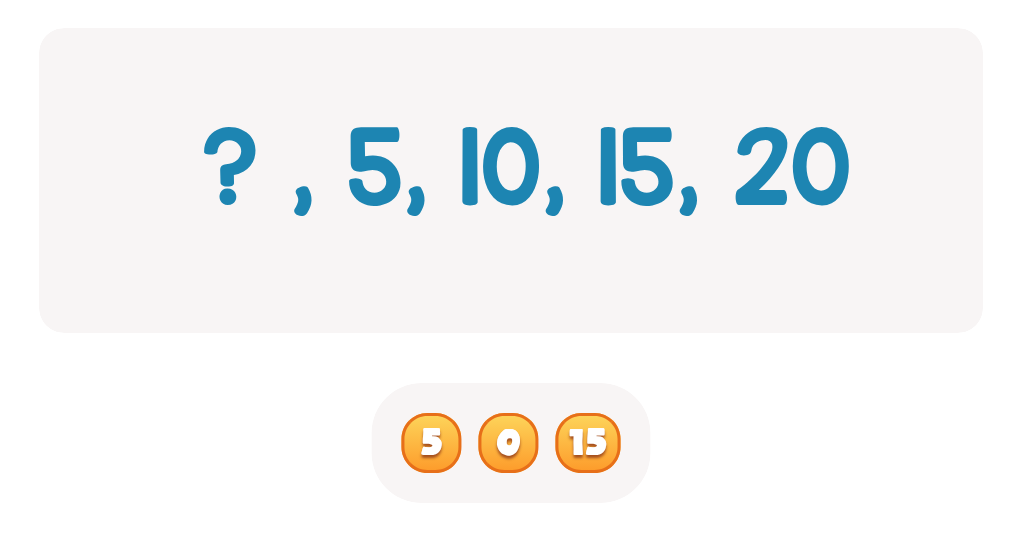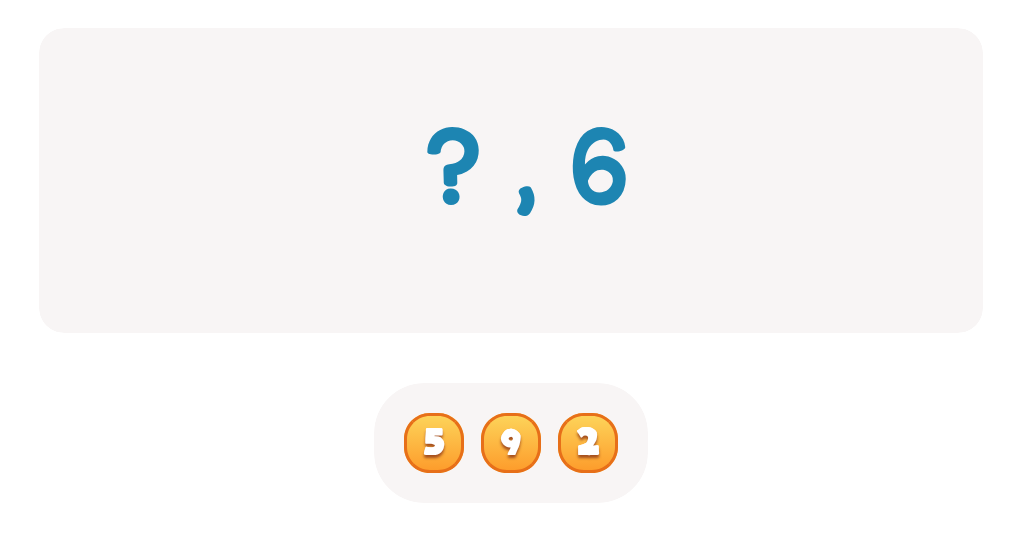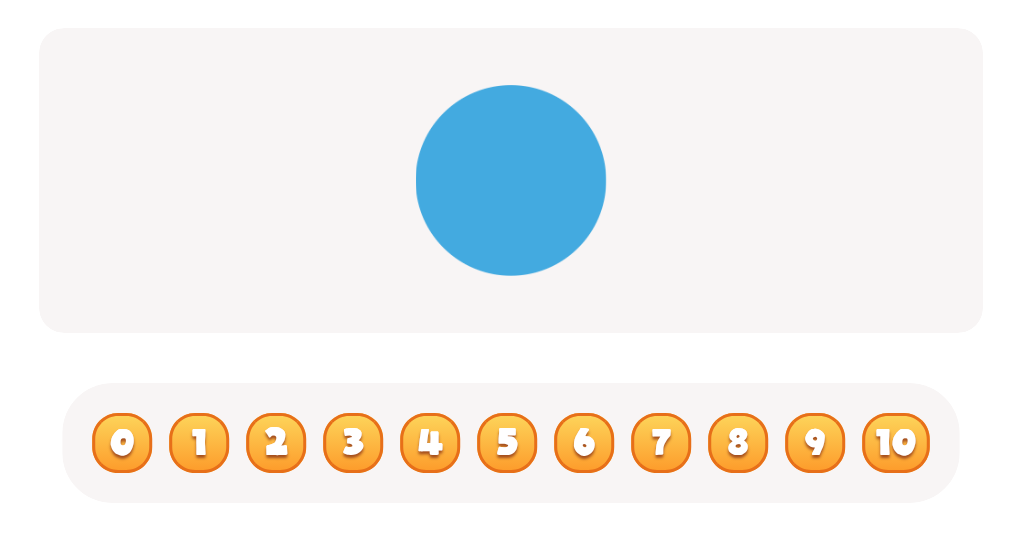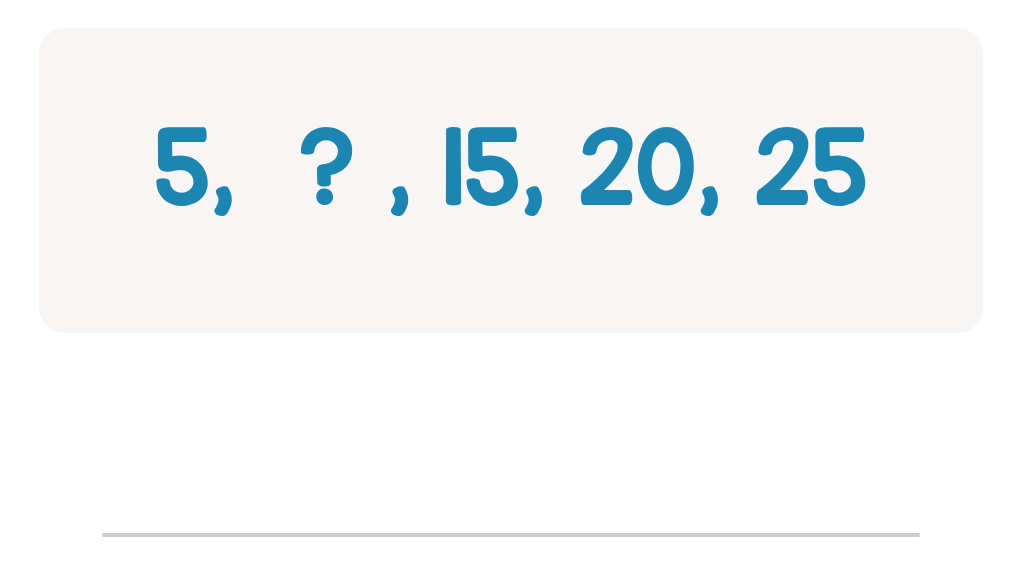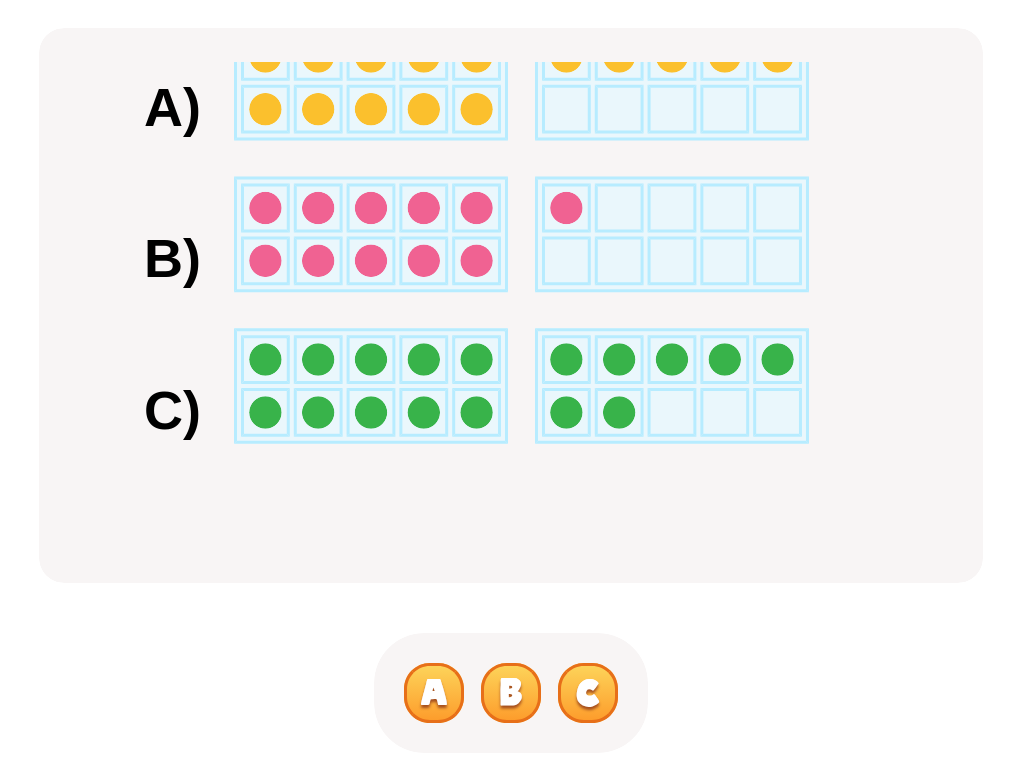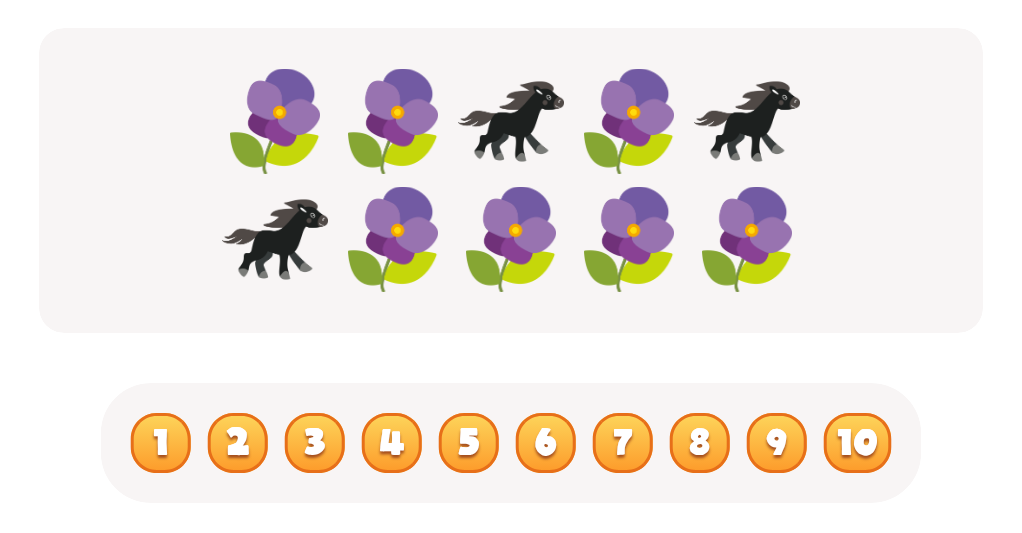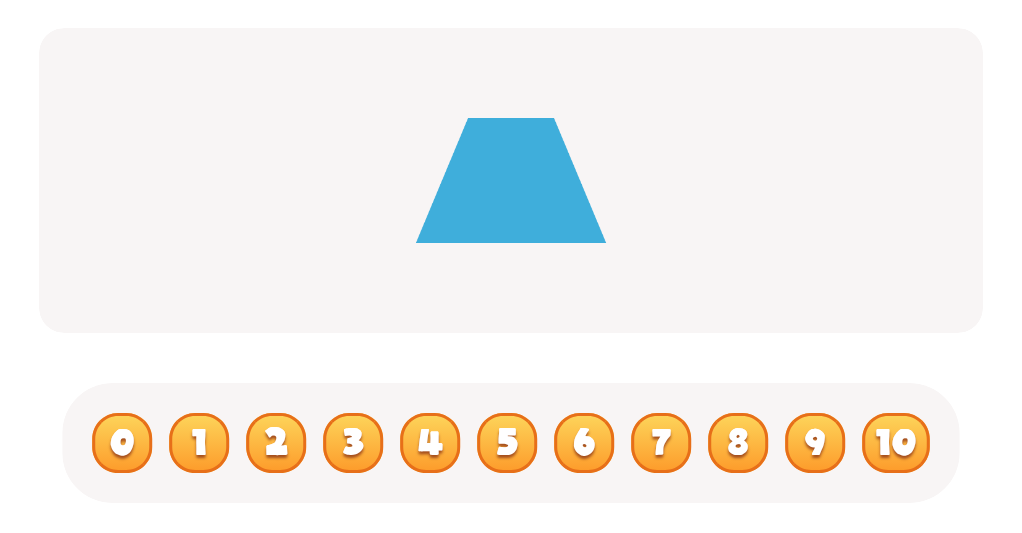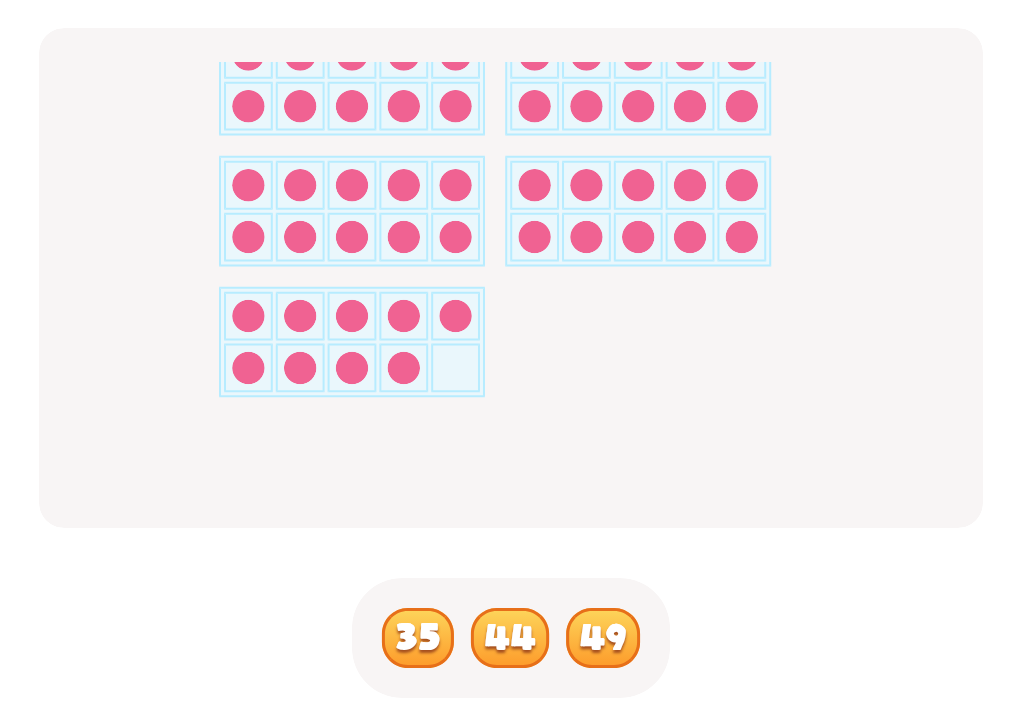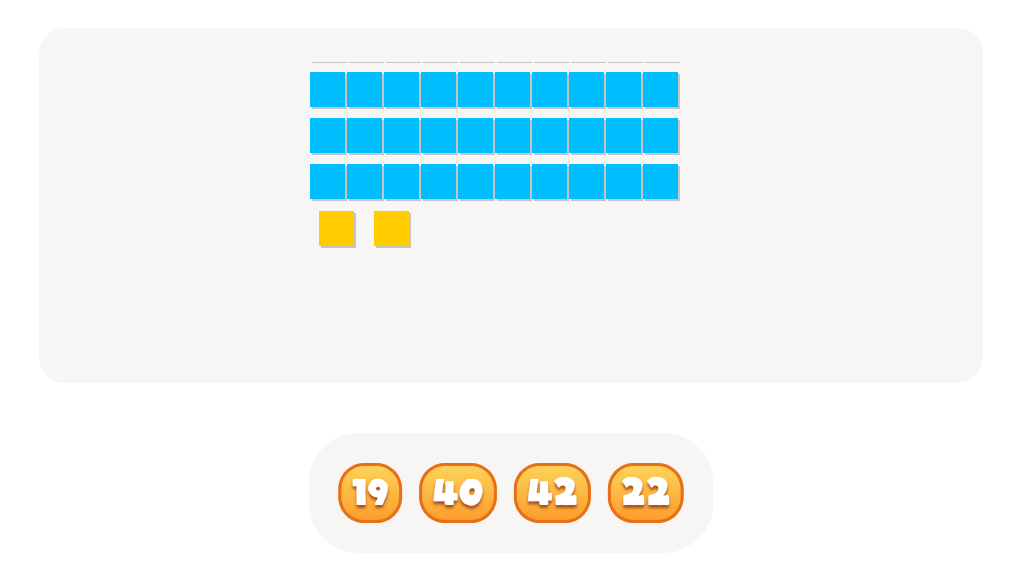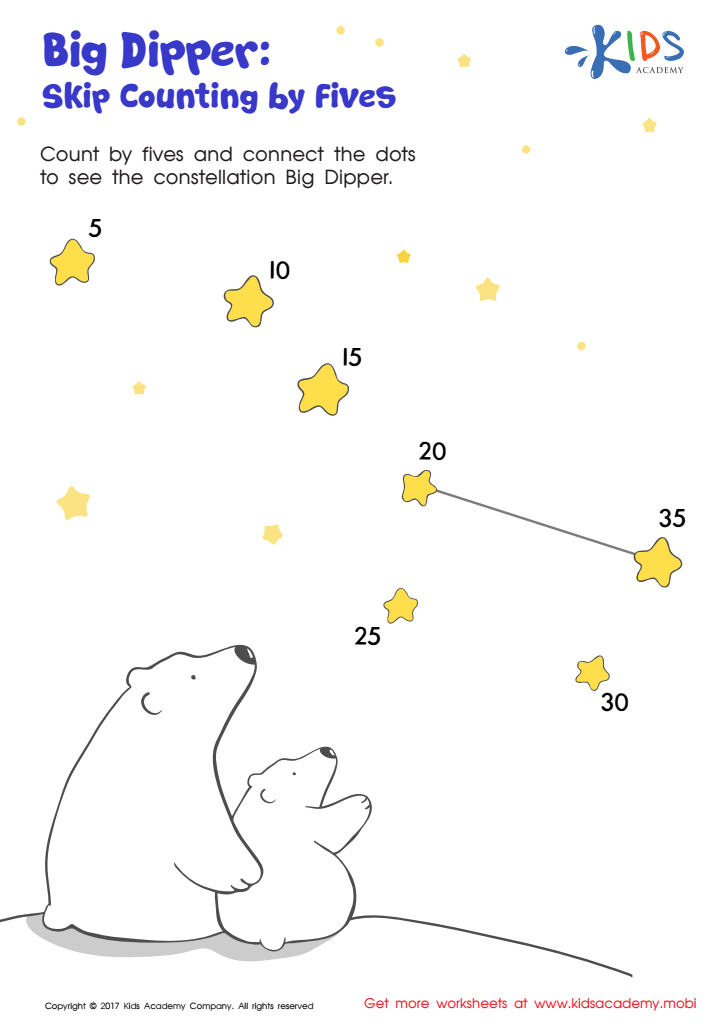Normal Counting Worksheets for Ages 7-9
12 filtered results
-
From - To
Boost your child's math skills with our engaging Normal Counting Worksheets for Ages 7-9. Each printable worksheet helps reinforce fundamental counting concepts in a fun and interactive way. Tailored specifically for young learners, these exercises cover counting sequences, skip counting, and number recognition to build a strong numerical foundation. Perfect for classroom activities or extra practice at home, our worksheets blend educational content with colorful illustrations, making learning enjoyable. Empower your kids to excel in mathematics by giving them the preview into more advanced arithmetic with our expertly designed counting worksheets. Download and print now for hours of educational fun!
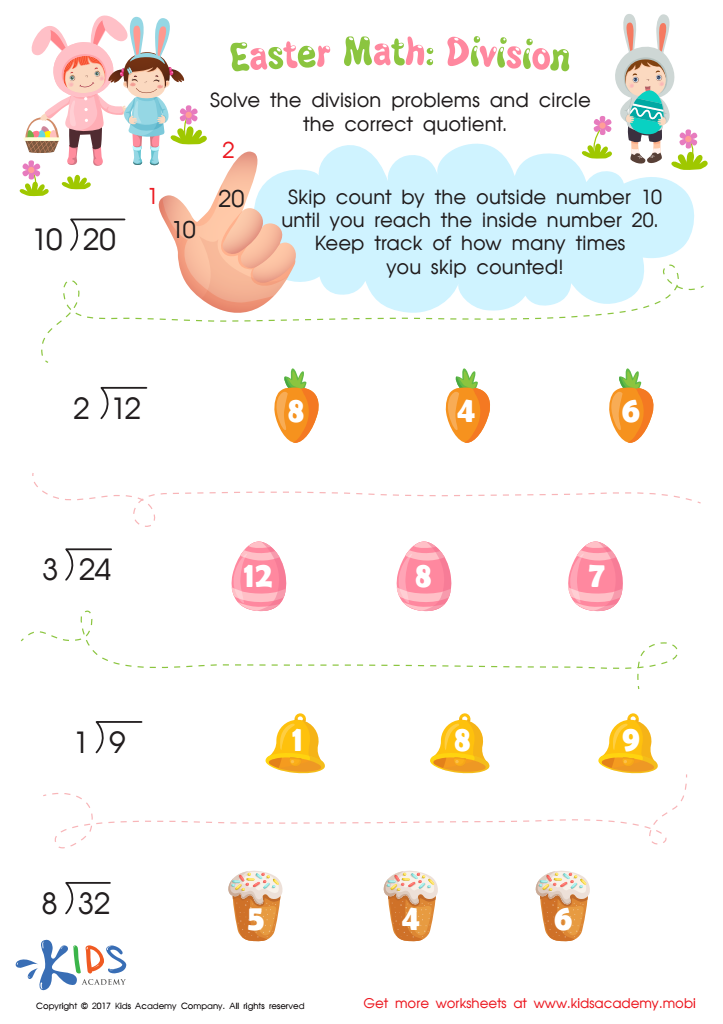

Division Worksheet
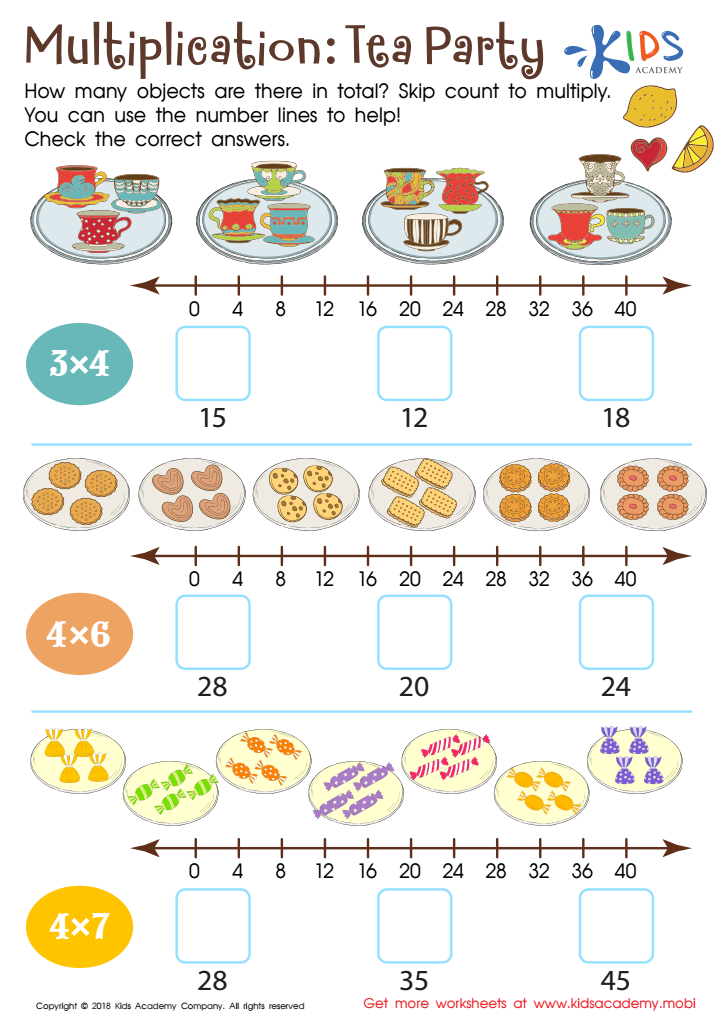

3rd Grade Math Worksheet Multiplication
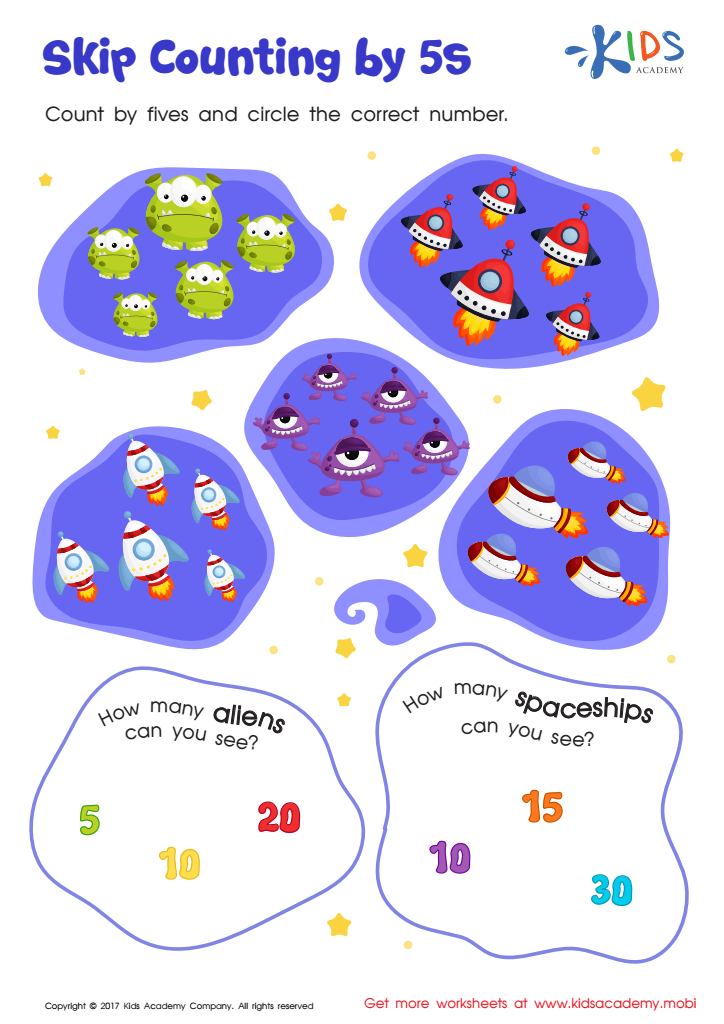

Skip Counting by 5s: Aliens and Spaceships Printable
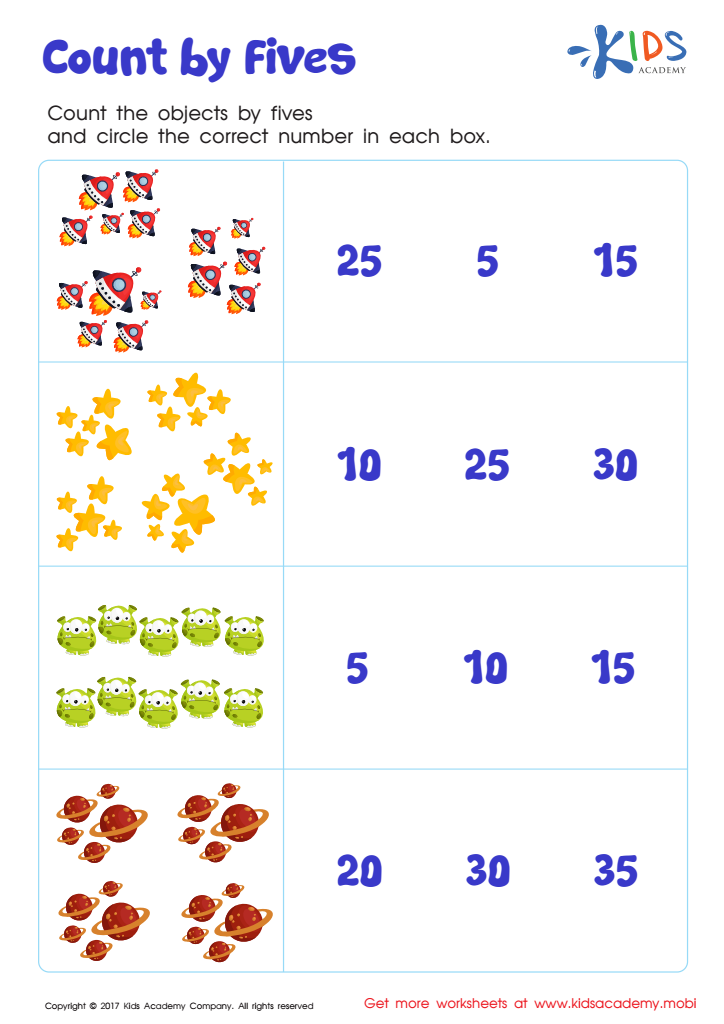

Skip Counting by 5s: Space Math Printable
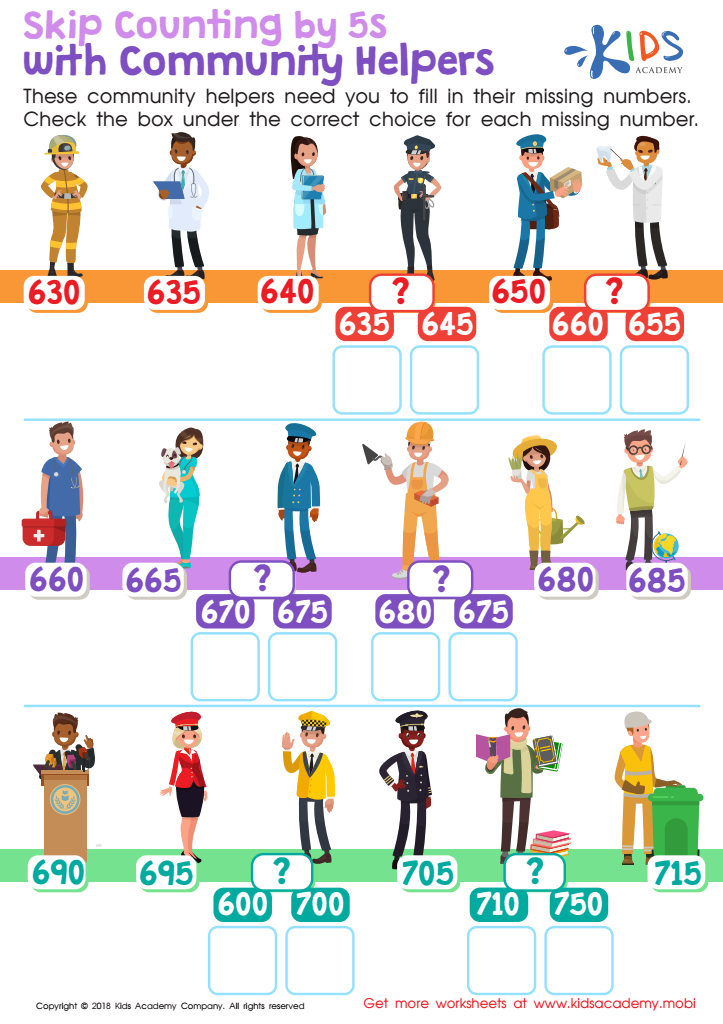

Skip Counting by 5s With Community Helpers Worksheet
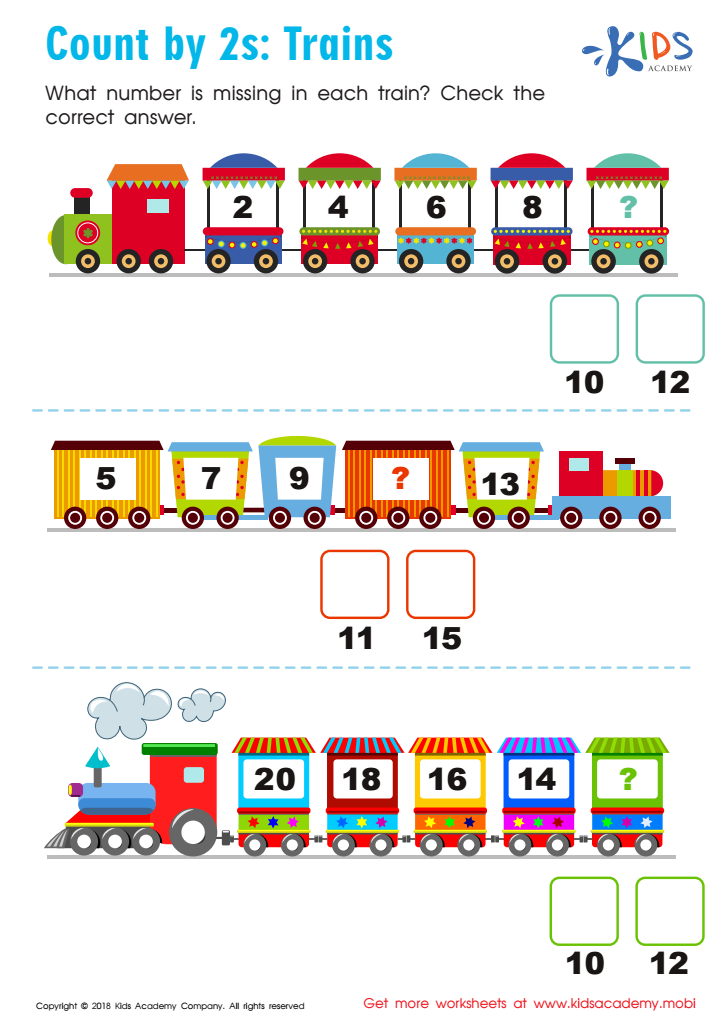

Count by 2's: Trains Worksheet
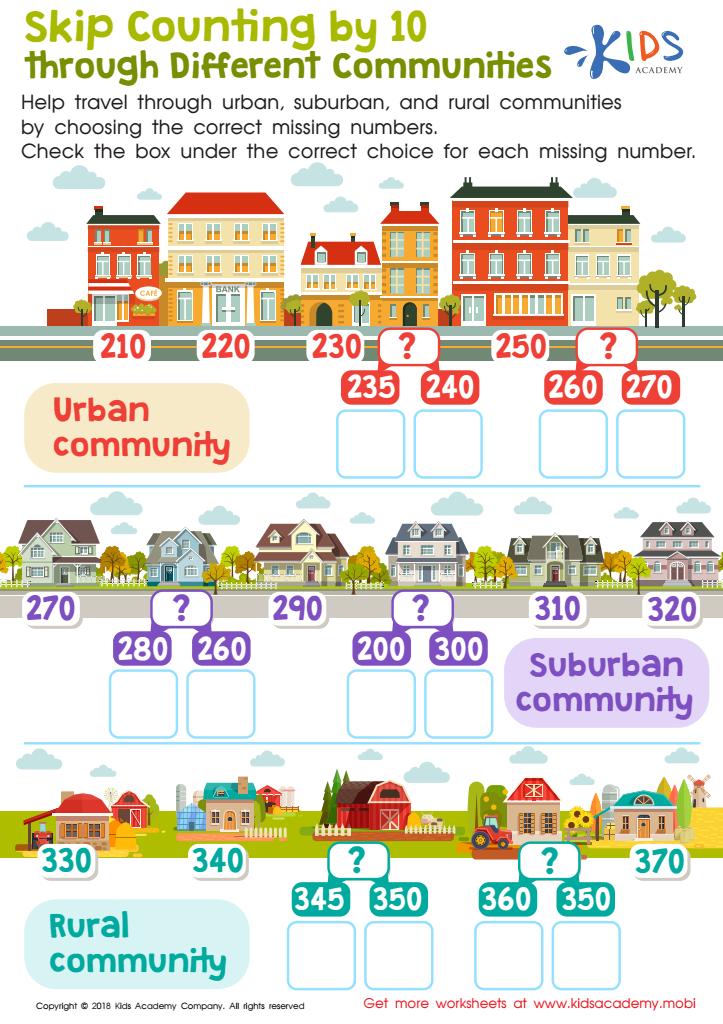

Skip Counting by 10 through Different Communities Worksheet
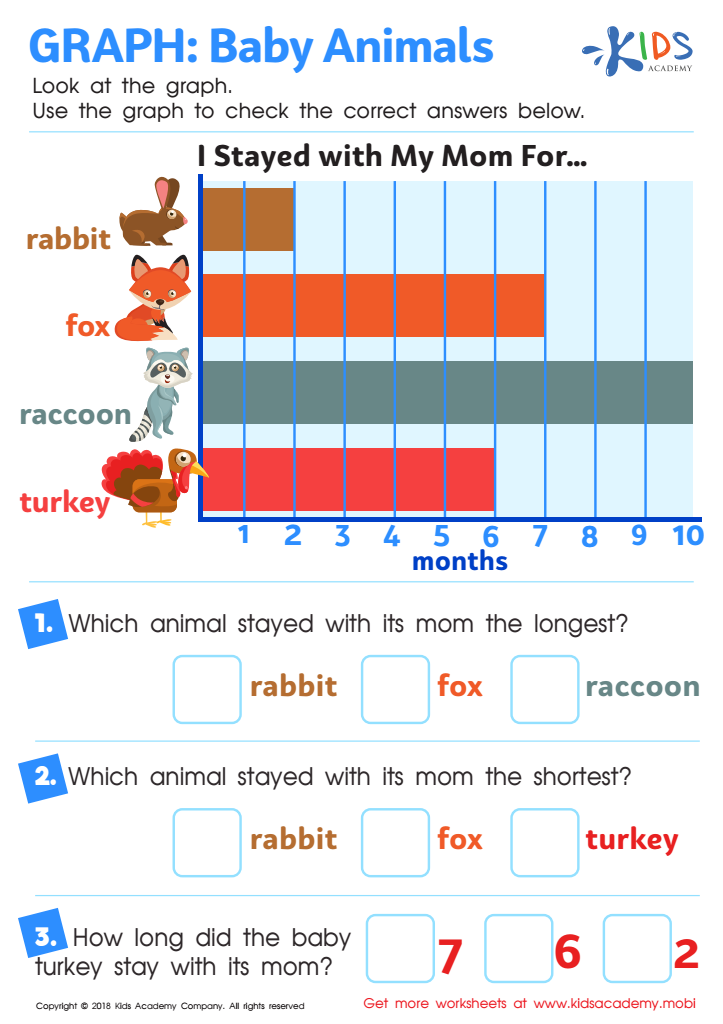

Graph: Baby Animals Worksheet
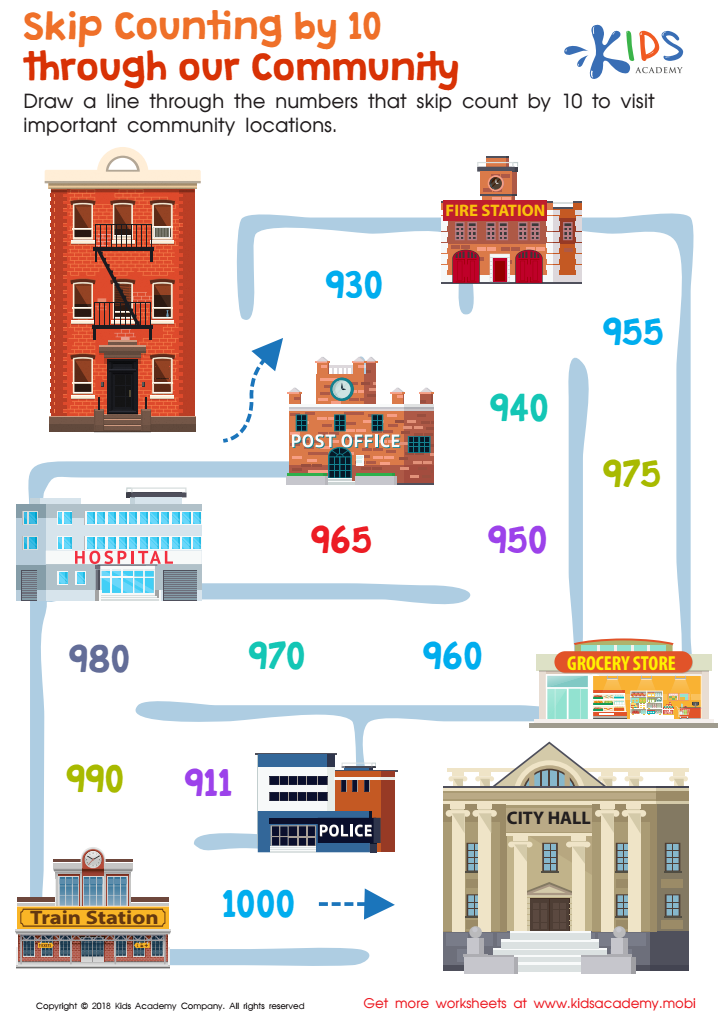

Skip Counting by 10 Through Our Community Worksheet
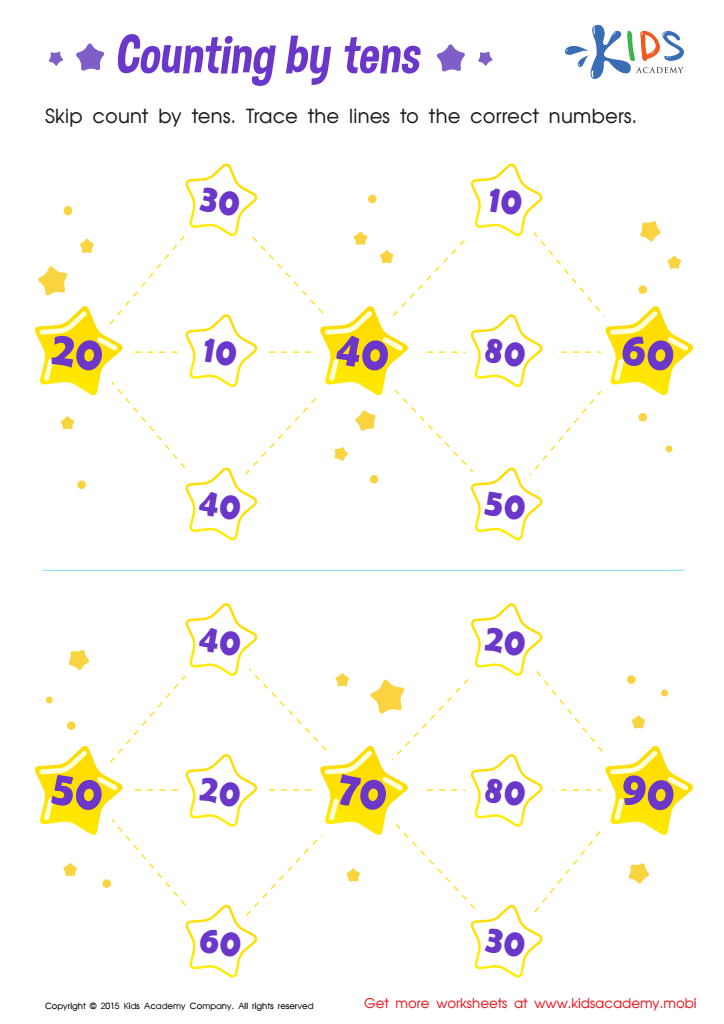

Learn Dozens: Counting by Tens Printable
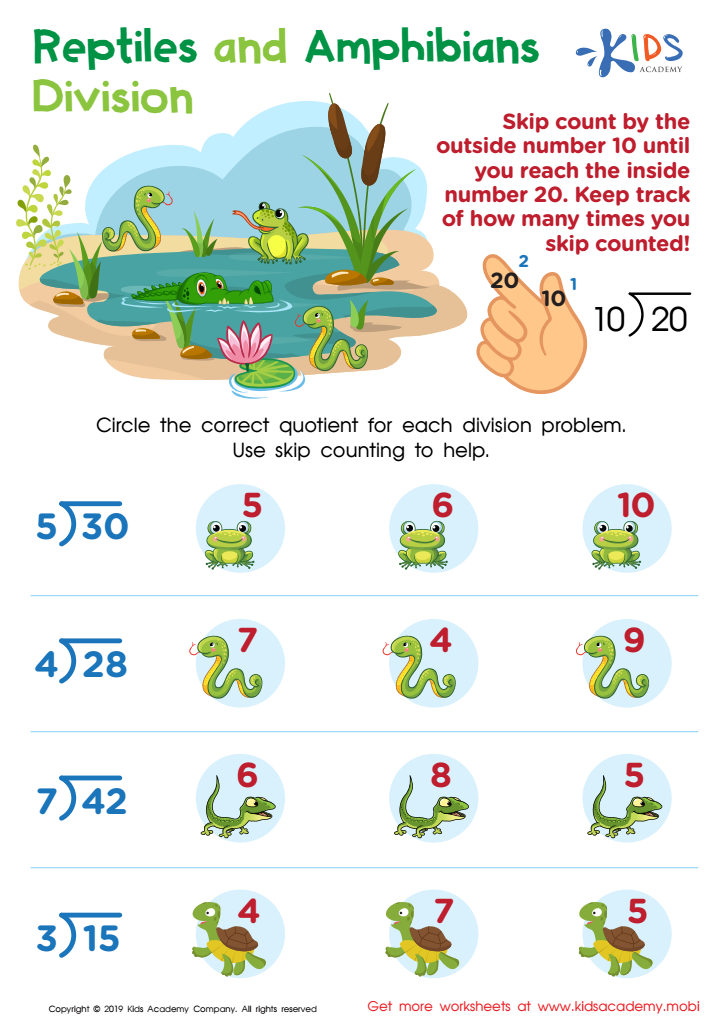

Reptile and Amphibians Division Worksheet
Parents and teachers should prioritize understanding and reinforcing normal counting for children ages 7-9 because it forms the foundation for mathematical learning and cognitive development. At this age, children are transitioning from simple rote counting to mastering concepts like place value, estimation, and basic arithmetic operations such as addition and subtraction. Proper counting skills help solidify these fundamental concepts, making future math learning easier and more intuitive.
Developing normal counting abilities can also enhance problem-solving skills and logical thinking, both of which are crucial for academic success across subjects, including science and reading comprehension. Moreover, confidence in math at a young age can translate into a positive attitude towards the subject in later years, reducing anxiety and fostering a growth mindset.
Additionally, counting plays a crucial role in daily life skills, such as handling money, measuring quantities in cooking, and understanding time. It bridges abstract thinking and practical application, equipping children to navigate everyday tasks more effectively.
By fostering a strong grasp of normal counting, parents and teachers can support a child's academic journey, bolster their confidence, and empower them with skills vital for lifelong learning and everyday interactions. This attention to early mathematical foundations sets the stage for holistic educational development and greater problem-solving capabilities.
 Assign to My Students
Assign to My Students
